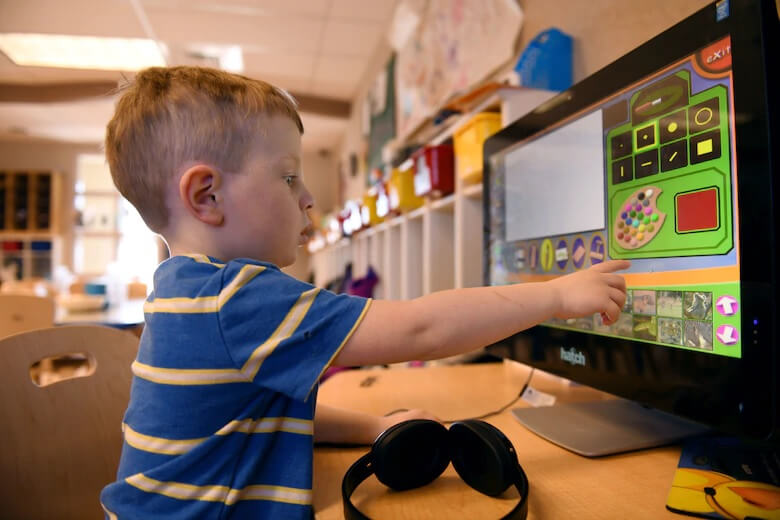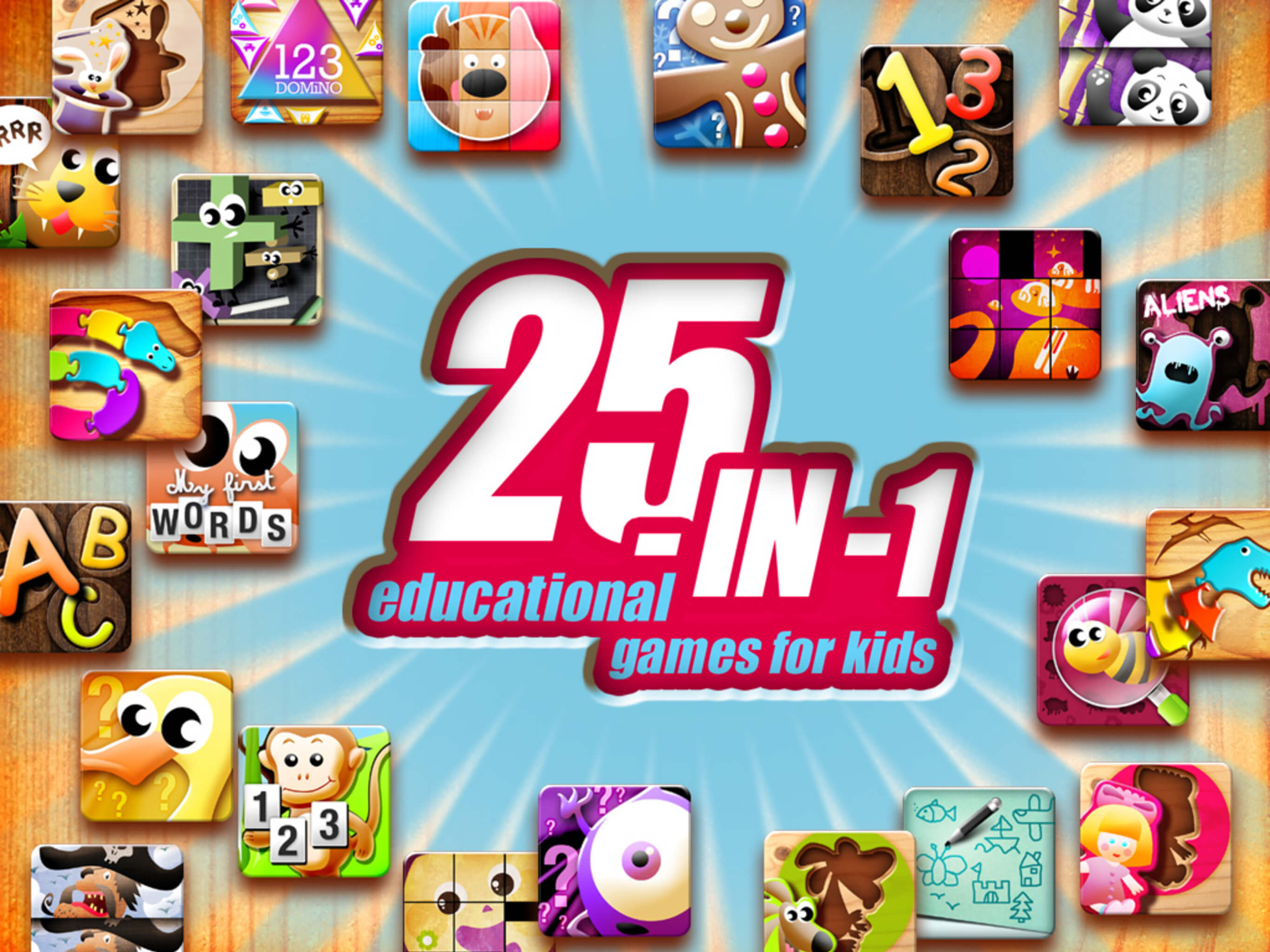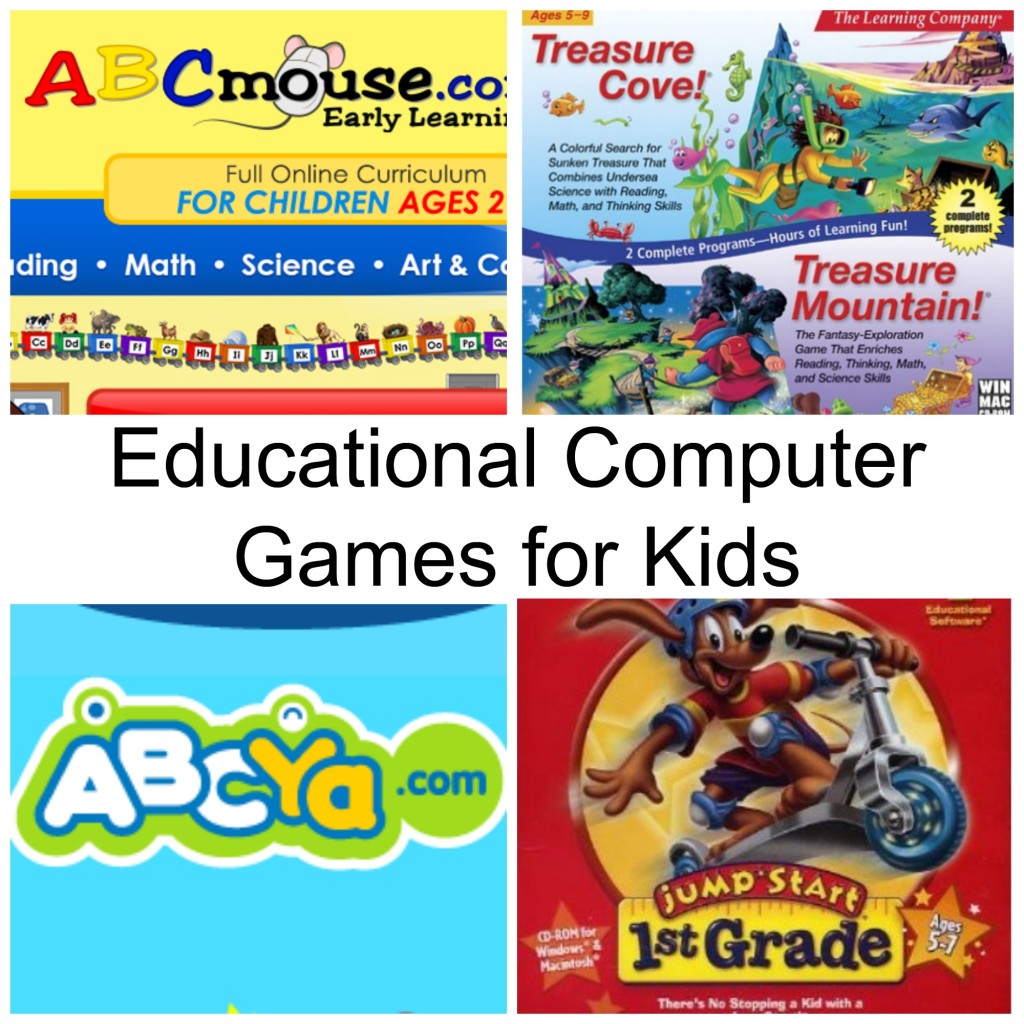Embark on an educational adventure with educational games for PC! These captivating digital experiences blend entertainment and learning, offering a myriad of benefits for students of all ages.
From cognitive development to subject-specific mastery, educational games engage learners, foster critical thinking, and make learning an enjoyable journey.
Educational Game Overview
Educational games for PC are a type of video game designed specifically for educational purposes. They are designed to make learning fun and engaging, while still providing valuable educational content.
Educational games can be used to teach a wide range of subjects, from math and science to history and language arts. They can be used to supplement traditional classroom instruction or as a standalone learning tool.
Purpose and Benefits of Educational Games
There are many benefits to using educational games in the classroom. These benefits include:
- Increased student engagement
- Improved academic performance
- Development of critical thinking skills
- Enhanced problem-solving skills
- Increased motivation to learn
Types of Educational Games
There are many different types of educational games available, each with its own unique set of features and benefits. Some of the most common types of educational games include:
- Simulation games
- Problem-solving games
- Strategy games
- Role-playing games
- Adventure games
Game Design and Development: Educational Games For Pc
Designing effective educational games requires careful consideration of the learning objectives and the game mechanics. By aligning these elements, educators can create engaging and interactive experiences that foster knowledge acquisition and skill development.
Educational games for PC can be a fun and engaging way to learn. Whether you’re looking to improve your math skills, learn a new language, or just have some fun, there’s an educational game out there for you. If you’re looking for educational games that are aligned with the curriculum of the ministry education of bangladesh , there are a number of resources available online.
You can also find educational games that are designed to help students with specific learning disabilities or challenges. No matter what your needs are, there’s an educational game out there that can help you learn and grow.
Game mechanics are the rules and systems that govern how a game is played. They should be designed to support the learning objectives and provide opportunities for players to interact with the game world in meaningful ways. For example, in a game designed to teach math concepts, the game mechanics might involve solving puzzles or completing challenges that require players to apply mathematical principles.
Best Practices for Developing Educational Games
When developing educational games, it is important to follow best practices to ensure that the games are engaging, interactive, and effective.
- Align with learning objectives:The game should be designed to support specific learning objectives and provide opportunities for players to practice and apply their knowledge and skills.
- Use engaging and interactive gameplay:The game should be fun and engaging to play, with elements that capture players’ attention and motivate them to continue playing.
- Provide feedback and support:The game should provide players with feedback on their progress and support them as they learn and develop their skills.
- Test and iterate:The game should be tested with players to ensure that it is effective and engaging. Feedback from players can be used to improve the game and make it more effective.
Game Implementation
Incorporating educational games into the classroom offers numerous benefits, from enhanced engagement to improved learning outcomes. This section provides practical guidance on implementing educational games effectively.
Successful implementation involves collaboration between teachers and students. Teachers should select games that align with learning objectives, provide clear instructions, and monitor student progress. Students, in turn, should be actively involved in the gameplay and encouraged to reflect on their learning experiences.
Integrating Games into Lesson Plans, Educational games for pc
Integrating educational games into lesson plans requires careful planning and consideration of the following factors:
- Learning Objectives:Identify the specific learning objectives that the game will address.
- Game Selection:Choose games that are age-appropriate, engaging, and aligned with the learning objectives.
- Time Allocation:Determine the amount of time that will be allocated for game play during the lesson.
- Assessment:Plan for ways to assess student learning before, during, and after game play.
Game Evaluation
Assessing the effectiveness of educational games is crucial to ensure they achieve their intended learning objectives. Evaluation involves gathering data and feedback to measure the game’s impact on players’ knowledge, skills, and attitudes.
Collecting data from various sources is essential for comprehensive evaluation. This includes pre- and post-game assessments to track changes in players’ knowledge and skills. Observational data can provide insights into player behavior and engagement. Feedback from players, teachers, and experts can help identify areas for improvement.
When seeking educational games for your PC, don’t overlook the insights gained at international education conferences. International education conferences 2024 provide a platform for educators to share innovative teaching methods, including the effective integration of educational games. By attending these conferences, you’ll stay abreast of the latest trends and discover new games that can enhance your students’ learning experience.
Evaluation Methods
- Pre- and Post-game Assessments:Comparing players’ performance before and after playing the game measures their learning gains.
- Observational Data:Observing players’ interactions with the game provides valuable information about their engagement, problem-solving strategies, and areas of difficulty.
- Player Feedback:Surveys and interviews with players gather their opinions on the game’s effectiveness, enjoyment, and areas for improvement.
- Teacher Feedback:Teachers can provide valuable insights on the game’s alignment with curriculum objectives, student engagement, and impact on learning.
- Expert Feedback:Consulting with educational experts can provide an objective evaluation of the game’s design, content, and effectiveness.
Importance of Data Collection and Feedback
Evaluation data and feedback are invaluable for improving game design. They help identify areas where the game can be enhanced to better support learning. For example, if pre- and post-game assessments show low knowledge gains, the game’s content or instructional strategies may need to be revised.
Strategies for Improving Game Design
Based on evaluation results, game designers can implement strategies to improve the game’s effectiveness. This may involve:
- Adjusting Content:Modifying the game’s content or instructional approach to address identified areas of weakness.
- Enhancing Gameplay:Improving the game’s mechanics, interface, or challenge level to increase engagement and motivation.
- Providing Additional Support:Adding tutorials, hints, or scaffolding to help players overcome challenges and improve their learning.
- Iterative Development:Continuously evaluating and refining the game based on feedback to ensure its effectiveness and appeal.
Future Trends
The future of educational games for PC is bright. Emerging trends in game design and the potential of new technologies, such as virtual reality (VR) and augmented reality (AR), offer exciting possibilities for engaging and effective learning experiences.
Virtual Reality (VR)
VR technology immerses players in a virtual world, providing a highly interactive and engaging learning environment. VR educational games can transport students to different historical periods, distant lands, or the depths of the ocean, allowing them to experience and explore subjects in a way that traditional textbooks and lectures cannot.
Looking for educational games for your PC? Check out the Banneker Special Education Center. They offer a variety of free and low-cost games that can help children with learning disabilities improve their skills. These games cover a range of subjects, including math, reading, and science.
They’re also a great way to make learning fun!
Augmented Reality (AR)
AR technology superimposes digital information onto the real world, creating an interactive and blended learning experience. AR educational games can bring abstract concepts to life, such as visualizing chemical reactions or allowing students to interact with historical figures in their own environment.
Other Trends
Other emerging trends in educational game design include:
- Personalized learning:Games can be tailored to individual students’ learning styles and needs, providing a more customized and effective learning experience.
- Gamification:Elements of game design, such as points, rewards, and challenges, can be incorporated into non-game contexts to make learning more engaging and motivating.
- Social learning:Games can facilitate collaboration and peer-to-peer learning, allowing students to share knowledge and support each other.
These trends are shaping the future of educational games for PC, creating a more immersive, interactive, and engaging learning experience for students. As technology continues to advance, we can expect even more innovative and effective educational games to emerge.
Final Wrap-Up
Educational games for PC have revolutionized the way we learn, making education more accessible, engaging, and effective. As technology continues to advance, the future holds even more exciting possibilities for these powerful learning tools.
FAQ Resource
What are the benefits of educational games for PC?
Educational games enhance cognitive skills, promote subject-specific learning, foster critical thinking, and make learning more engaging and enjoyable.
How do I choose the right educational game for my child?
Consider the child’s age, interests, and learning goals. Look for games that align with their curriculum and provide opportunities for skill development.
Can educational games be used in the classroom?
Yes, educational games can be integrated into lesson plans to supplement traditional teaching methods, engage students, and provide hands-on learning experiences.


